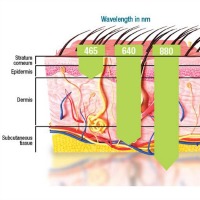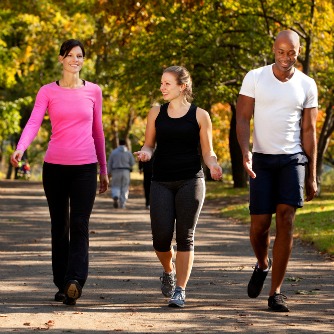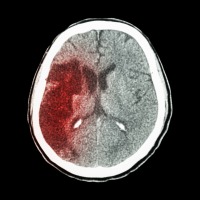Keys to Effective Low Level Light Therapy (LLLT)
Low-level light therapy (LLLT) has vast potential in numerous therapeutic areas. However, despite a large body of evidence, LLLT has yet to receive wide acceptance in the scientific community. Some of the primary reasons for this reluctance is the multitude of operating parameters that may be applied clinically, the difficulty in reproducing settings used by […]
Keys to Effective Low Level Light Therapy (LLLT) Read More »









